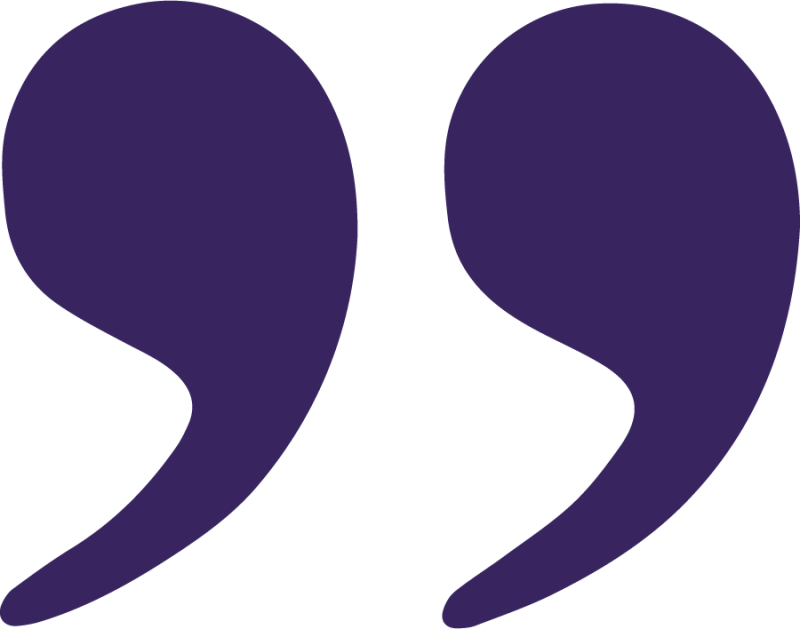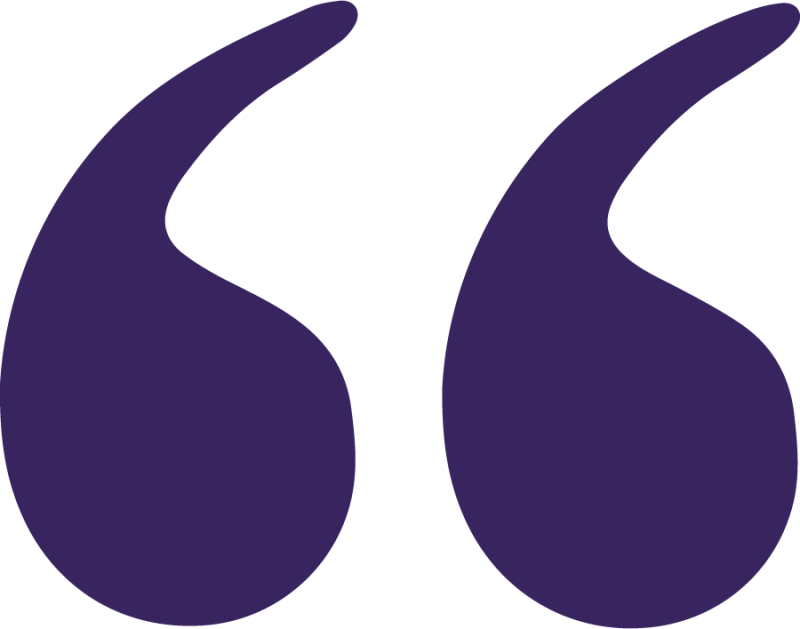
Anaphylaxis
Overview
LEVEL 3/6 : 1-DAY TRAINING COURSE
An Anaphylactic shock, or anaphylaxis, is a life-threatening, serious allergic reaction to an allergen such as food substances or insect stings. If it is not treated appropriately, it may cause death. This training is for qualified First Aiders and Emergency First Aiders to enable them to recognise and treat anaphylaxis safely and effectively. This course is suitable for all First Aiders and healthcare professionals, as well as those in a high risk environment where such medication is available.
Dr AJ Yates clearly has a vast knowledge on the topics. I have now recommended the course to friends and more colleagues.

Syllabus
The course is made up of practical and theoretical sessions delivered by your Instructor who will provide a detailed course programme. At the end of the course, learners will be able to:
- Describe anaphylaxis
- Identify triggers for anaphylaxis
- Describe life threatening problems associated with the:
- Airway
- Breathing
- Circulation
- Disability (Neurological status)
- Exposure (Skin and mucosal changes)
- Identify key features of adrenaline-auto injectors
- Conduct an initial assessment using the ABCDE approach
- Demonstrate a recovery position
- Demonstrate resuscitation for adult and/or child
- Recognise the need to use an auto-injector
- Prepare medication for administration during anaphylaxis treatment
- Demonstrate the safe use of an adrenaline auto-injector using a training device
- Safely dispose of sharps according to agreed ways of working
- Handover the casualty to a medical professional

Dr AJ Yates clearly has a vast knowledge on the topics. I have now recommended the course to friends and more colleagues.

Awards
When administering a medication, it is important to recognise and differentiate between allergic reactions and the potentially life-threatening anaphylactic reactions immediately. It is also essential to determine whether the individual has had an allergic or anaphylactic response to the medication in the past or prior to administration.
Duration
This is a classroom-based course of 6 contact hours. Dependent on the learner’s experience, there may well be some pre-course or post-course reading.
Numbers
A maximum of 12 students can be accommodated on this course and all candidates must be a minimum of 16 years of age to qualify.
Assessment
A range of methods are used, including practical and questioning (open and multiple-choice).
Certification
This qualification lasts for 3 years. To renew the qualification, learners will need to retake the full course. However, it is recommended that during the 3-year period, the learners attend annual refresher courses.
